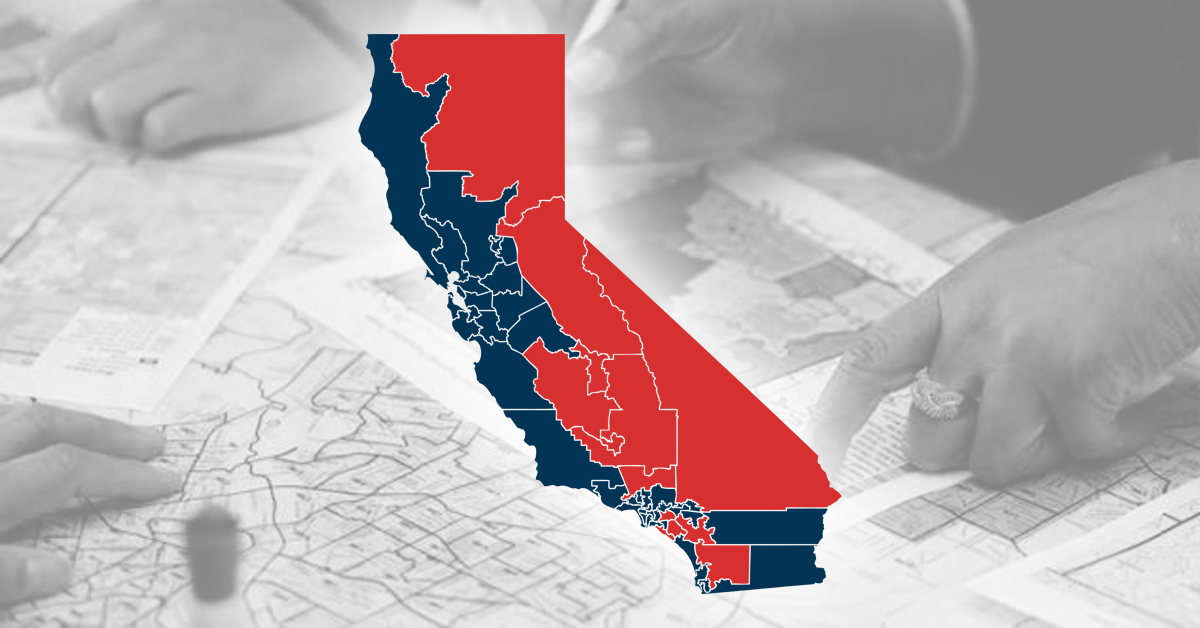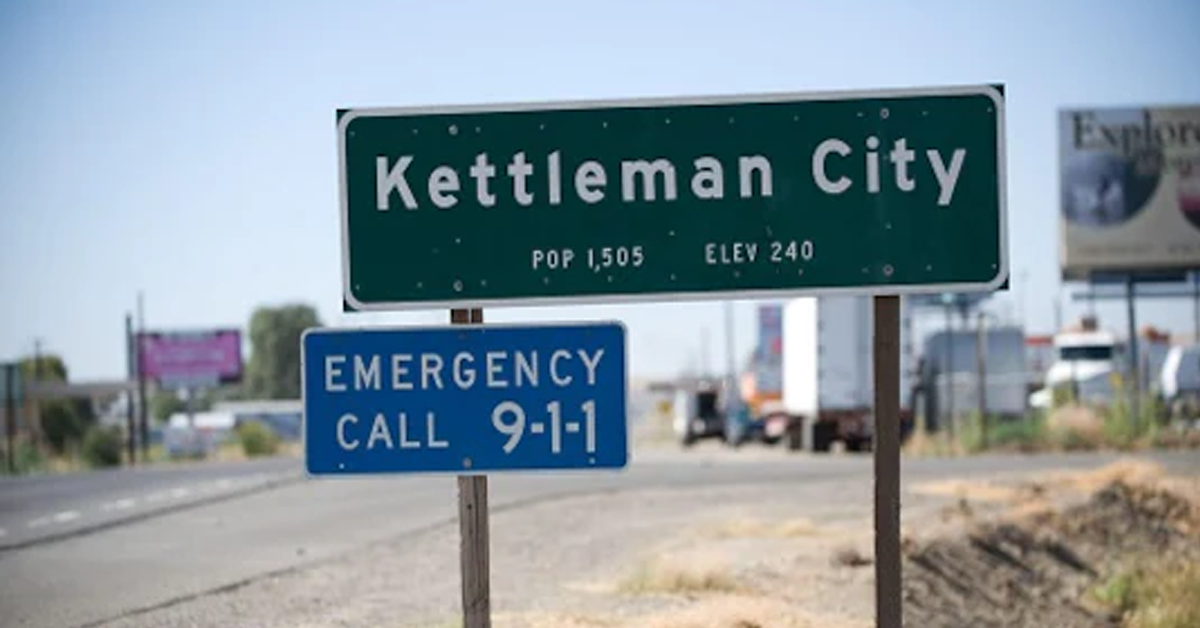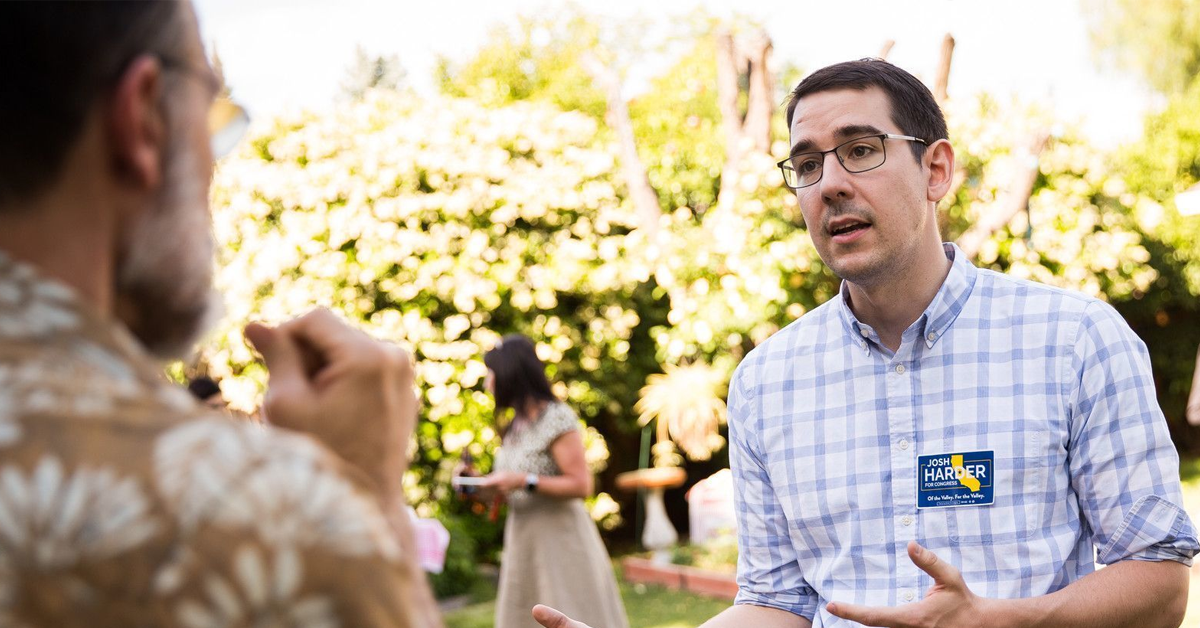An obscure panel of 14 unknown Californians is about to begin a yearlong process that will result in a once-in-a-decade decision affecting every resident of the Golden State.
Elected officials, prospective candidates, and political watchers of all stripes are beginning to train their eyes at the California Citizens Redistricting Commission.
Friday, the Commission was reset, with new commissioners appointed for the first time since 2011. Now, they have the power to reshape the state’s political boundaries and its politicians’ political fortunes.
The early takeaway? Any hope that the central and southern San Joaquin Valley would have a voice shaping its legislative districts for the next decade have decidedly been dashed.
Yet, it didn’t have to be.
A high-wire act to redraw lines
The commission is tasked with state-level reapportionment, or the process of redrawing boundaries for Congressional, California Board of Equalization, state Senate, and State Assembly districts within the Golden State.
Prior to 2011, the process of redistricting was tightly-controlled by the California State Legislature.
Ten years ago, California voters approved Proposition 20, taking the power to draw districts away from politicians – who were accused of choosing their own voters – and handing it to 14 citizens who were not active players in the political process beyond the ballot box.
After one cycle of citizen-led redistricting nine years ago, the process is still the subject of intense debate centering on political, geographic, and demographic bias.
Valley representation comes up short
Redistricting prognosticators have long-wagered that – for the first time since California’s admission into the Union – the Golden State would lose a Congressional seat due to a decade of population migration.
One place where population growth has continued, despite the statewide trend? The San Joaquin Valley.
And while Valley officials hoped the population shift would immediately translate to a bigger seat at the table, only two Valley representatives made it onto the commission.
Both of the Valley’s newly-appointed commissioners – Democrat Trena Turner and Republican Neal Fornaciari – reside in northern edge of the region, in San Joaquin County.
Turner is the executive director of Faith in the Valley, a regional social justice advocacy nonprofit with outposts along Highway 99 from Stockton to Bakersfield.
Fornaciari owns an organizational management and business consultancy based in Tracy.
A blitz on a Latino Republican
Despite stripping elected politicians of the power to draw California’s political boundaries, the process remains as political as ever.
Look no further than Richard Gallegos, one of more than 20,000 applicants seeking a seat on the redistricting panel.
A son of the Imperial Valley who relocated to Clovis and served the Fresno County Sheriff’s Office as a Deputy Sheriff for more than 20 years, Gallegos – now an adjunct criminology instructor at Clovis Community College – was one of 12 finalists vying for a slot on the Commission.
Then came a letter.
Penned on behalf of nine community advocate groups operating in Fresno County, it broadly painted Gallegos as a contributor to a culture of racial discrimination within Fresno County’s criminal justice system.
“[A] cursory analysis of the Fresno County law enforcement community does not necessarily speak to impartiality, and in fact, demonstrates the opposite,” the letter reads.
The only specific example of discrimination alleged by the activists was that Gallegos was defendant in a sex discrimination lawsuit.
The suit originated from a 2002 Fresno County Sheriff’s Office undercover operation to crackdown on a spate of lewd acts and child molestations that occurred near and in public restrooms at Fresno’s Roeding Park.
In the suit, the plaintiff – who pleaded no contest to charges of lewd conduct for soliciting sex – argued that Fresno County deputies only arrested men who solicited sex from other men at the park, not men soliciting sex from women.
The suit did not proceed to trial and was settled.
While activists’ letter suggests that Gallegos “may have fed into the discriminatory practices” of the Sheriff’s office, none of the filings allege that Gallegos directly engaged in a form of sex discrimination.
Following further review of the case docket, Gallegos’ involvement in the suit was driven by his supervisory detective position at Fresno County Sheriff’s Headquarters.
Though named as a defendant, he is mentioned twice – in passing – in the suit’s initial complaint.
Elsewhere, the activists’ letter argues that Gallegos’ bona fides to serve on the commission are undercut due to his residence – the City of Clovis.
“All things being equal, a candidate that lives and works in Clovis will not necessarily bring a perspective that truly represents the diversity of the county, region or state,” the letter reads.
Fresno County Supervisor Nathan Magsig, a former Mayor of Clovis, pushed back heavily on the assertions made about Fresno County’s second-largest city.
“The City of Clovis celebrates its rich cultural diversity. I should know as a former council member and two-time Mayor. This is why citizen surveys reflect a 90 percent approval rating. Numbers of this magnitude are unheard of anywhere in the state,” Magsig said.
“And let’s not forget: Clovis City Council is one of the most diverse councils in Fresno County. For anyone to claim otherwise is irresponsible and clearly demonstrates a political agenda that is self-serving.”
The activist letter, which arrived on Wednesday as the first six appointed commissioners deliberated over the remaining eight slots, was penned by the Central Valley Urban Institute, Fresno Barrios Unidos, Fresno Metro Black Chamber of Commerce, The NAACP of Fresno, Mi Familia Vota, Jakara Movement, The Praxis Project, California Pan-Ethnic Health Network, and Communities for a New California.
The push by the nine groups did not go uncontested.
In conversation with The Sun, Gallegos said he was shocked by the letter – not knowing a single name listed or having heard from a single organization.
With little time available, he scrambled to respond and clear his reputation.
He responded with his own letter refuting the claims and included additional letters of endorsement from Elizabeth Kipp, the tribal chair of the Big Sandy Rancheria near Auberry, and Former Mendota Mayor Joseph Riofrio.
Despite the quick response, the blitz by activists made Gallegos “untouchable” to the commission, regardless of its voracity, he said.
Perhaps the ultimate irony is who led the effort to oust Gallegos from the running.
The lead organization – the Central Valley Urban Institute – is headed by State Center Community College District Trustee Eric Payne.
Clovis Community College, where Gallegos is a well-liked instructor of criminology, is one of the four colleges belonging to State Center Community College District.
The irony wasn’t lost on Gallegos.
“On one hand, I’m racist and can’t serve on this commission,” Gallegos said. “Yet, I’m impartial enough to teach at a school where he’s a trustee.”










